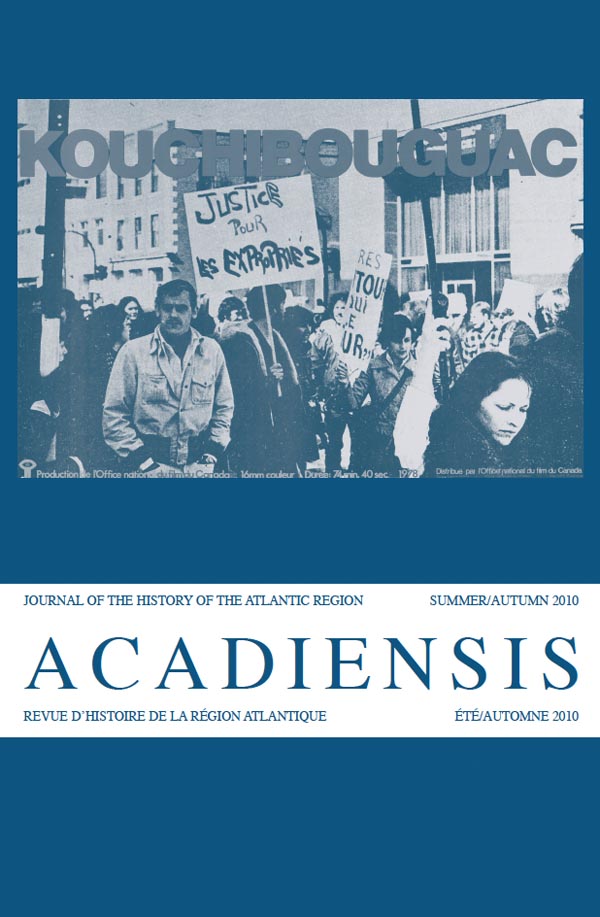Abstract
The Fogo Island film partnership of the National Film Board and the Memorial University of Newfoundland Extension Service helped establish a fisheries cooperative on Fogo Island and, in the process, a template for the NFB’s Challenge for Change program. The Fogo Island films have achieved near-mythic status in film studies and film history as a coup for the NFB, but the role of the Newfoundland partners has been largely ignored. This article addresses this gap in the literature, and traces how the project and the process behind it helped to spark the "cultural revolution" of the 1970s in Newfoundland and Labrador. Résumé Le partenariat en cinéma formé par l’Office national du film (ONF) et le Memorial University of Newfoundland Extension Service à l’île Fogo a aidé à l’établissement d’une coopérative de pêche dans l’île Fogo et, par la même occasion, à la création d’un modèle de référence pour le programme Société nouvelle, de l’ONF. Les films de l’île Fogo ont acquis un sorte de statut mythique dans les études cinématographiques et l’histoire du cinéma comme un beau coup de l’ONF, mais on a largement ignoré le rôle des partenaires terre-neuviens. Cet article veut corriger cette lacune dans la documentation et relate comment le projet et le processus qui y a mené ont contribué à déclencher la « révolution culturelle » des années 1970 à Terre-Neuve-et-Labrador.Copyright for articles published in this journal is retained by the author(s), with Acadiensis being granted a non-exclusive licence to each and every right in the work throughout the world. After publication of the work, the author(s) shall have the right to self-archive the work and to reprint the work in whole or in part in books authored by or edited by the author(s) without the payment of any fee. In these other formats, however, the author or authors are required to acknowledge the original publication of the work in the pages of the journal. In the case of any requests to reprint the work, Acadiensis will require a standard permission fee -- to be divided equally between the journal and the author. In the event that such requests are received by the author(s), the author(s) shall direct such requests to the journal.

